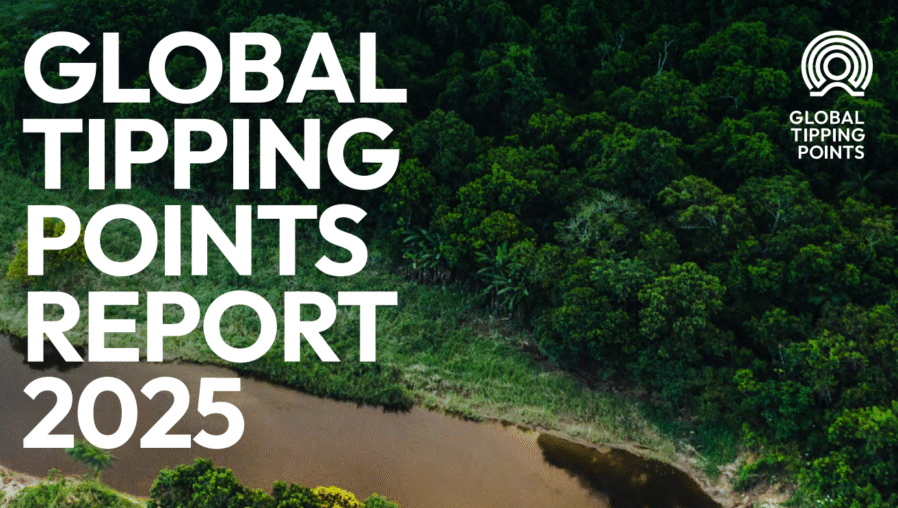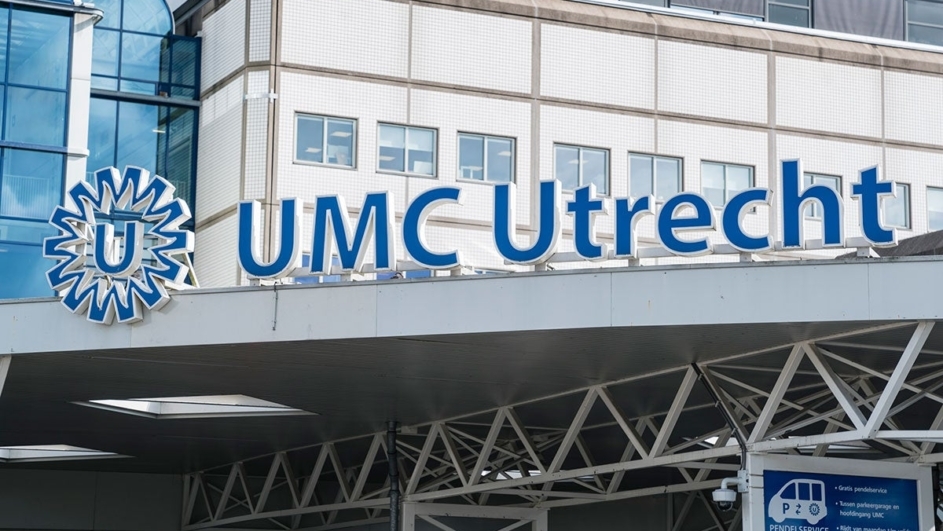UU researchers contribute to Global Tipping Points Report

UU scientists from the Institute for Marine and Atmospheric Research Utrecht investigated the Atlantic Ocean circulation and show that a sudden weakening can have major consequences for the global climate.
The world has reached its first climate tipping point, according to the new Global Tipping Points Report published on Monday 13 October. Warm-water coral reefs, vital ecosystems supporting nearly one billion people and a quarter of all marine life, are now undergoing irreversible loss. The report warns that other critical climate systems, such as ice sheets, rainforests and ocean currents, are also dangerously close to their tipping points.
Researchers from Utrecht University’s Institute for Marine and Atmospheric research Utrecht (IMAU) played an important role in the case study of the Atlantic Meridional Overturning Circulation (AMOC) and the Subpolar Gyre, ocean systems that strongly influence how heat is distributed across the planet.
“A sudden weakening or collapse of the AMOC would have major consequences for the climate in northwestern Europe, as well as for weather patterns, sea level and ecosystems worldwide,” says Henk Dijkstra, lead author of the case study. He led the international team that assessed the risks, impacts and uncertainties of a potential AMOC tipping point. His group also developed an online dashboard (amocscenarios.org) that visualises climate impacts under different global warming scenarios.
Within the same case study, René van Westen examined early warning signals that may indicate the AMOC is approaching a critical threshold, while Amber Boot explored the potential impacts of such a shift on marine and terrestrial ecosystems. Claudia Wieners contributed to the chapter on preventing tipping points, focusing on the role of Solar Radiation Modification. These are techniques that could partially reflect sunlight to temporarily cool the planet. Anna von der Heydt and Sacha Sinet co-authored an update on interactions between different climate systems, showing that most of these interconnections tend to amplify each other in their tipping behaviour.
The Global Tipping Points Report 2025 will be presented at the COP30 climate summit in Brazil, taking place from 10 to 21 November.

Laigo Bio at Utrecht Science Park raises €11.5 million in investments
Laigo Bio, a start-up located at Utrecht Science Park in the Life Sciences Incubator building, announced today that it has raised €11.5 million in investments from a large number of leading investors.

Ronald McDonald House Utrecht presents plans for new, larger House with 50 rooms
Ronald McDonald House Utrecht is building for the future. At Utrecht Science Park, next to the Wilhelmina Children’s Hospital and within walking distance of the Princess Máxima Center, Ronald McDonald House Utrecht has advanced plans to build a brand new, sustainable House with 50 guest rooms. Preparations are well underway, and construction is scheduled to begin in the second half of 2026. The goal is to open the new House sometime in 2028. This expansion will allow the House to offer more families of seriously ill or care-intensive children a warm home, allowing them to be close to their sick child day and night.

Renewal and sustainability UMC Utrecht
In the coming years, most of the UMC Utrecht will be renovated, rebuilt or newly constructed. Many of our buildings are already nearly forty years old and require renovation and sustainability.

Utrecht Science Week anniversary edition a great success
The fifth edition of Utrecht Science Week was a resounding success! With more programs, locations, speakers, and visitors than ever before, we look back on an exciting week. The variety of programs and the diverse audience were wonderful to witness. This way, the groundbreaking research here at Utrecht Science Park isn’t kept behind closed doors, but is given the opportunity to inspire others.